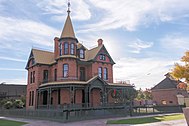Electrician in Humboldt
Electrician Humboldt
Before hiring an electrician, you must consider his or her skills, credentials, and insurance coverage. This article will give you tips on how to choose an electrician for your job. This article is not intended to replace your local electrician's service, but to supplement your search. In addition, it will provide you with tips on hiring a part-time or full-time electrician. It is important to follow the rules of hiring a qualified professional, including checking for licenses and insurance.
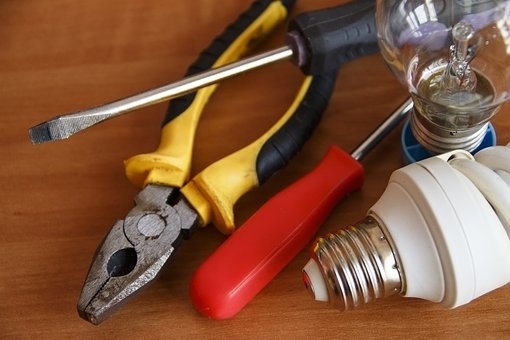
Electricians Humboldt
When hiring an electrician, it is essential to find out the qualifications of the electrician you're considering. In this article, we'll look at the qualifications of an electrician, check their certifications, and discuss getting a detailed quote from an electrician. You can also learn how to interview the electrician and find out how much experience they have. By following these tips, you'll be well on your way to hiring a qualified electrician.
Electrician in HumboldtElectrician in Humboldt
Once you've established your budget, it's now time to find an electrician. Ask for free estimates, and ask for references from several electricians. Do not just focus on the price. Ask about their experience and licensure. You will be able to make a decision if the inspector is more knowledgeable and professional. A link to their website and referrals might also be included so that you can make an informed decision.
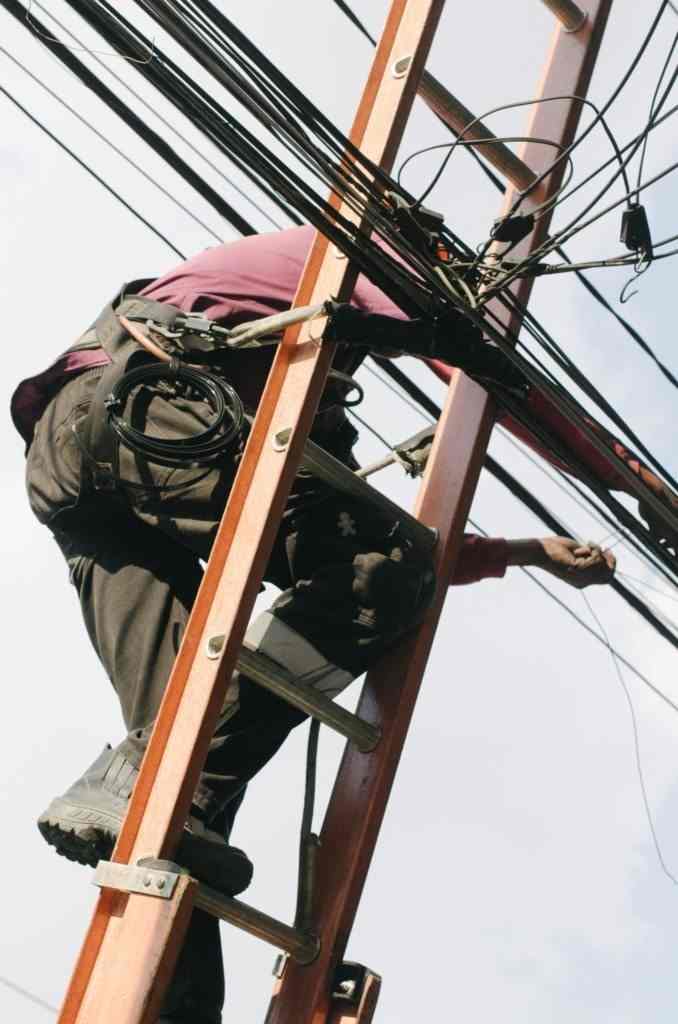
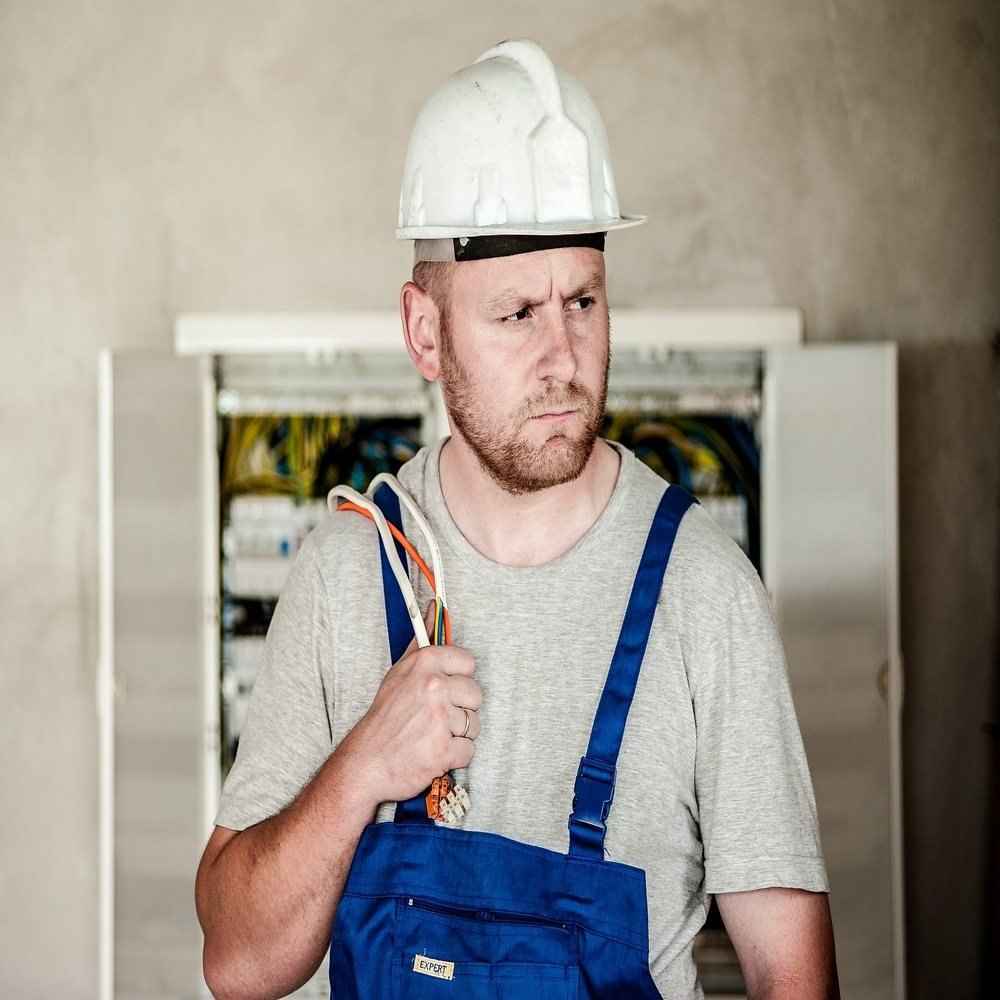
Electricians Humboldt
Industrial services for electricity are highly complex. They can also be very dangerous at times if you do not consult a professional technician. High levels of planning are required during installation. Using alternate sources of energy, as well as, that of electricity not only make it much more efficient but also very safe.
Humboldt Electrician
Electrical contractors are responsible for many different aspects of electrical construction, including building maintenance, major installations, and upgrades. They provide valuable input to the construction process and use their extensive experience and expertise to make the right decisions. These contractors have the proper licenses and experience to complete the job safely and efficiently. Some may even work outdoors or in cramped spaces. No matter what their job entails, there are several things to look for when choosing an electrical contractor.
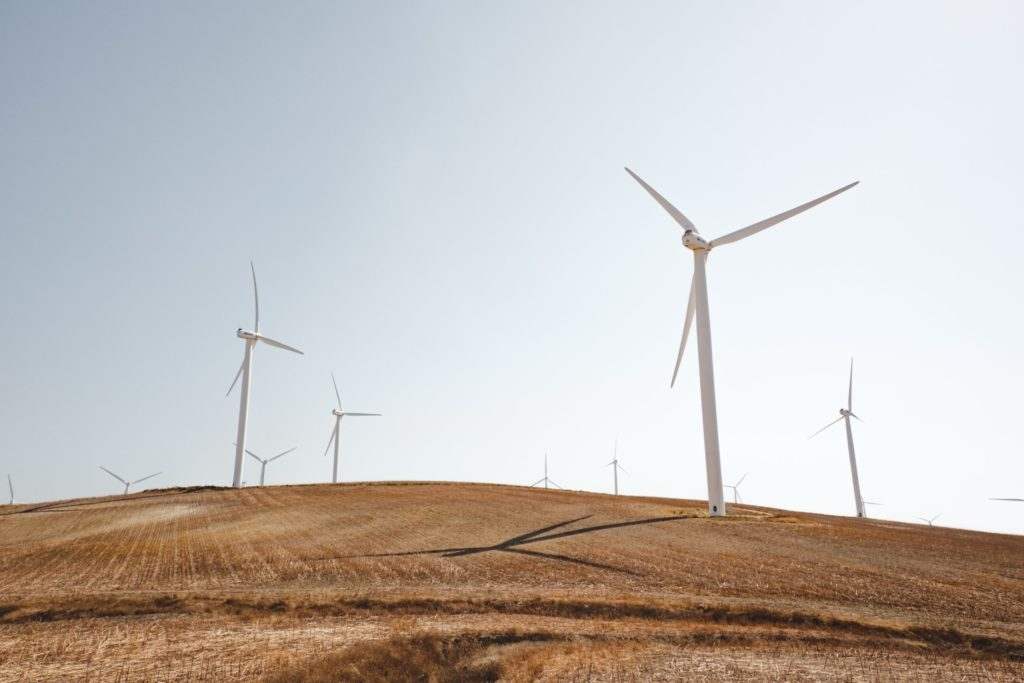
Electrician Humboldt AZ
Circuit-breakers are the best way to stop electrical items overheating. Circuit-breakers are placed in critical areas of the circuit and trip if too much current is flowing through them. If the current exceeds their rated capacity, fuse wires can melt. Fuse-wires can melt if they are placed near water damaged outlets. Install GFCI outlets wherever water is a concern.
Electricians Humboldt Arizona
It is important to verify that they are covered. Although you may not need it, this insurance can provide protection against any unfortunate circumstances. Insure them with professional indemnity, and liability insurance. These policies will protect your assets in the event that you are hurt. Verify their credentials. You should also verify their qualifications and license.
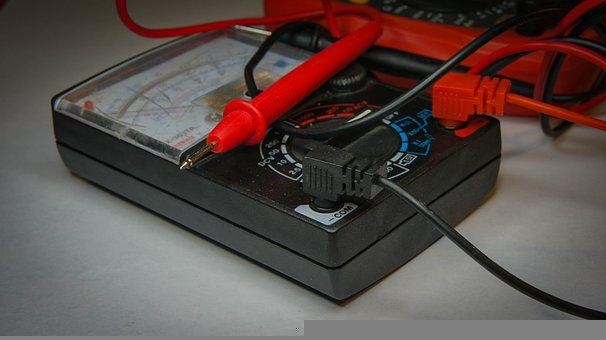
About Phoenix AZ
Phoenix, Arizona
|
Phoenix, Arizona
|
|
|---|---|
| City of Phoenix | |
|
Clockwise, from the top: Downtown Phoenix, St. Mary's Basilica, Rosson House, Mystery Castle, Camelback Mountain, Arizona State Capitol, Arizona Science Center, Chase Tower, and the Papago Park
|
|
|
|
|
| Nickname(s):
"Valley of the Sun", "The Valley"
|
|

Interactive map of Phoenix
|
|
Coordinates:  33°26′54″N 112°04′26″WCoordinates: 33°26′54″N 112°04′26″WCoordinates:  33°26′54″N 112°04′26″W 33°26′54″N 112°04′26″W |
|
| Country | United States |
| State | Arizona |
| County | Maricopa |
| Settled | 1867 |
| Incorporated | February 25, 1881 |
| Founded by | Jack Swilling |
| Named for | Phoenix, mythical creature |
| Government | |
| • Type | Council-Manager |
| • Body | Phoenix City Council |
| • Mayor | Kate Gallego (D) |
| Area | |
| • State Capital | 519.28 sq mi (1,344.94 km2) |
| • Land | 518.27 sq mi (1,342.30 km2) |
| • Water | 1.02 sq mi (2.63 km2) |
| Elevation | 1,086 ft (331 m) |
| Population
(2020)
|
|
| • State Capital | 1,608,139 |
| • Estimate
(2021)[3]
|
1,624,569 |
| • Rank | 5th in the United States 1st in Arizona |
| • Density | 3,102.92/sq mi (1,198.04/km2) |
| • Metro | 4,845,832 (11th) |
| Demonym | Phoenician |
| Time zone | UTC−07:00 (MST (no DST)) |
| ZIP Codes |
85001–85099
|
| Area codes | |
| FIPS code | 04-55000 |
| GNIS ID(s) | 44784, 2411414 |
| Major airport | Phoenix Sky Harbor International Airport |
| Secondary Airports | Deer Valley Airport Phoenix–Mesa Gateway Airport |
| Interstates | |
| U.S. Highways | |
| State Routes | |
| Public transportation | Valley Metro |
| Website | www |
Phoenix (/ˈfiːnɪks/ FEE-niks; Navajo: Hoozdo; Spanish: Fénix or Fínix,[citation needed] Walapai: Banyà:nyuwá[5]) is the capital and most populous city of the U.S. state of Arizona, with 1,608,139 residents as of 2020.[6] It is the fifth-most populous city in the United States,[7] and one of only two U.S. state capitals with a population of more than one million residents, along with Austin, Texas.[8][9][10]
Phoenix is the anchor of the Phoenix metropolitan area, also known as the Valley of the Sun, which in turn is part of the Salt River Valley. The metropolitan area is the 11th largest by population in the United States, with approximately 4.85 million people as of 2020.[9] Phoenix, the seat of Maricopa County, has the largest area of all cities in Arizona, with an area of 517.9 square miles (1,341 km2), and is also the 11th largest city by area in the United States.[11] It is the largest metropolitan area, both by population and size, of the Arizona Sun Corridor megaregion.
Phoenix was settled in 1867 as an agricultural community near the confluence of the Salt and Gila Rivers and was incorporated as a city in 1881. It became the capital of Arizona Territory in 1889.[12] It is in the northeastern reaches of the Sonoran Desert and has a hot desert climate.[13][14] Despite this, its canal system led to a thriving farming community with the original settlers' crops remaining important parts of the Phoenix economy for decades, such as alfalfa, cotton, citrus, and hay.[15][16] Cotton, cattle, citrus, climate, and copper were known locally as the "Five C's" anchoring Phoenix's economy. These remained the driving forces of the city until after World War II, when high-tech companies began to move into the valley and air conditioning made Phoenix's hot summers more bearable.[17]
The city averaged a four percent annual population growth rate over a 40-year period from the mid-1960s to the mid-2000s.[18] This growth rate slowed during the Great Recession of 2007–09, and has rebounded slowly.[19] Phoenix is the cultural center of the state of Arizona.[20] Phoenix is also majority minority, with 42.6% of its population identifying as Hispanic and 42.5% as "white" in the 2020 census.[21]




